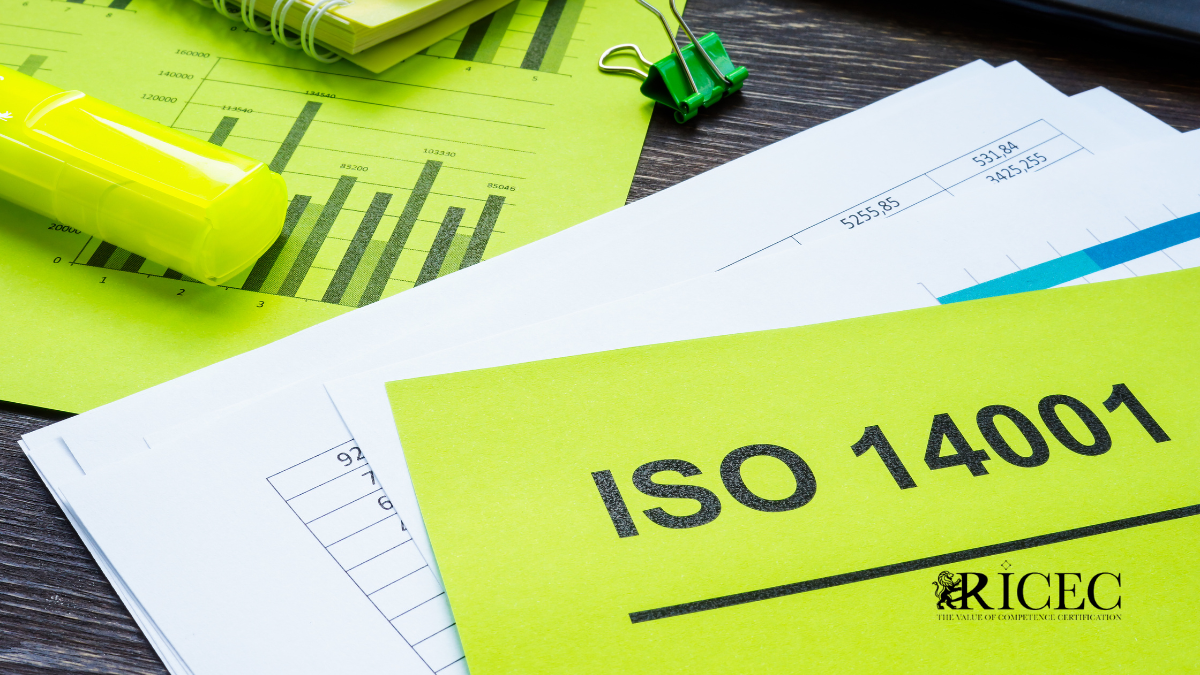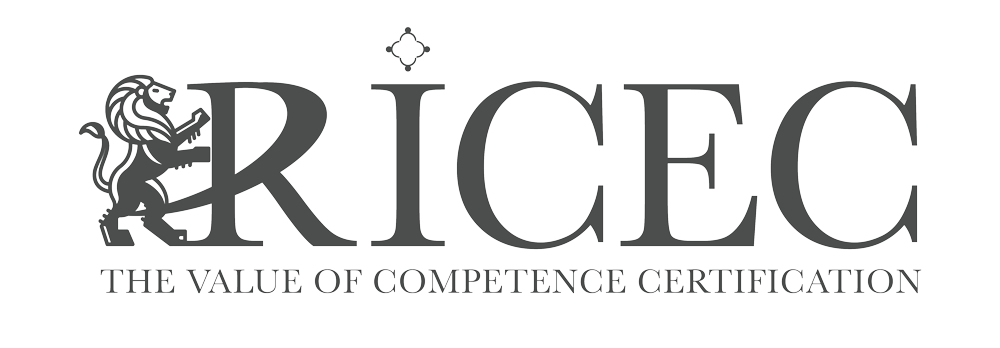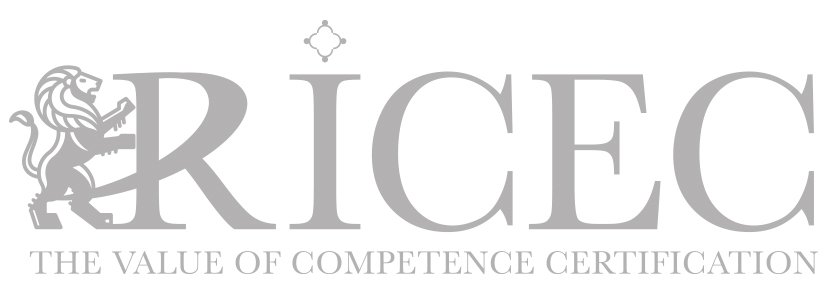
31,508 COMPANIES COMPLY WITH THE UNI EN ISO 14001 STANDARD, VERIFIED BY QUALIFIED AUDITORS
The search for reliable professionals has become a growing need among consumers and businesses to navigate in today’s complex global marketplace, requiring an increasing degree of awareness.
It is increasingly valuable to be recognized as an organization that has a green heart and is concerned about the impact of its activities on environmental aspects, aiming to achieve a form of balance between the environment, society and the economy.
UNI EN ISO 14001 certification certifies that the certified entity, whether a company or an organization of any size, has an environmental management system that complies with the standard, that is, one that respects the environment and has implemented procedures that do not harm it.
In Italy, there are 31,508 companies already compliant with this Management System*. This is a steadily growing number, which demonstrates the increasing attention to environmental issues and the awareness that they are no longer a marginal aspect of an organization’s operations.
Qualified Auditors and Lead Auditors for the 14001 standard are, therefore, figures that are increasingly in demand and play an active role in the green value chain. Even more so, the auditor who decides to offer his or her expertise to the market, certifying it with a third-party, accredited body such as Ricec International, makes an important choice to increase confidence in the professionalism he or she makes available to companies.
Taking care of the planet and preventing negative environmental impacts are important goals, necessary to increase one’s business by reaching new contacts in an increasingly green-oriented market.
Not least, skills certification is able to contribute to the socially shared goal of spending the resources made available by Europe early and well according to the principles of the Next Generation EU (NGEU). The central pillar of Next Generation EU is, in fact, the RRF facility, which, among other objectives, aims to support interventions that help implement the Paris Agreement and the UN Sustainable Development Goals, consistent with the European Green Deal.
The role of certified professionals becomes central in helping to assess and identify subjects and projects for funding, according to the criteria of the European Taxonomy and the Do Not Significant Harm (DNSH), which requires that interventions envisaged by national RRFs do not cause any significant harm to the environment: this principle is fundamental for accessing RRF funding.
Ricec, the value of expertise!
* Accredia 2022 data




